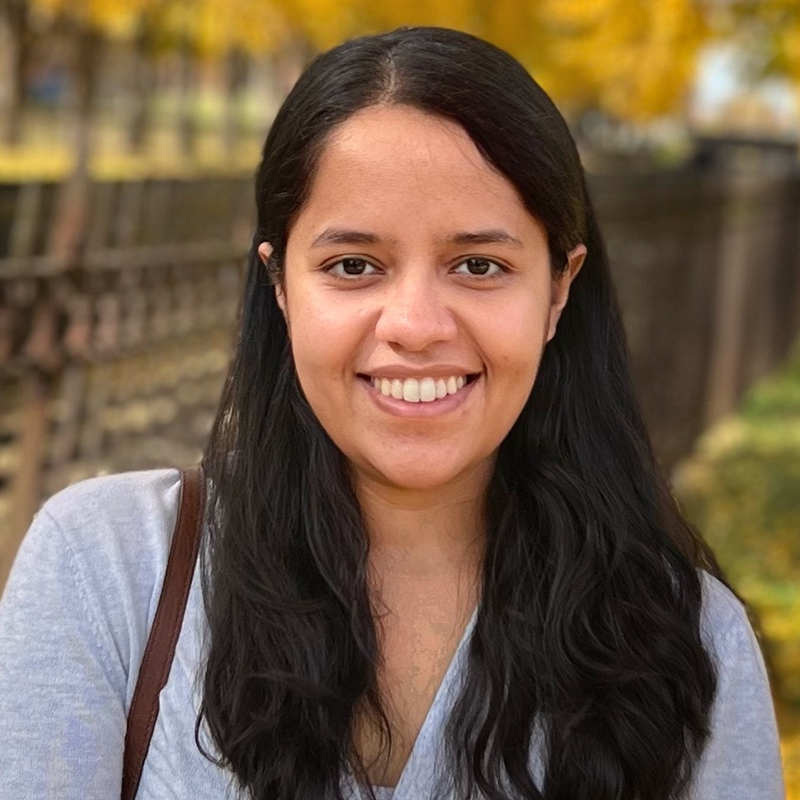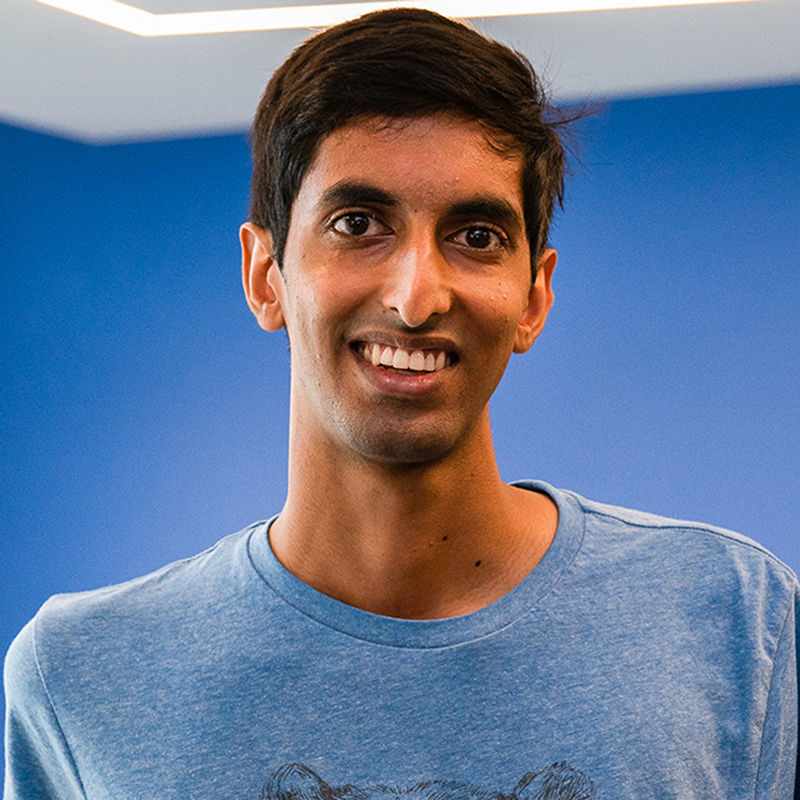CyLab names 2023 Presidential Fellows
Aug 21, 2023
Each year, CyLab recognizes high-achieving Ph.D. students pursuing security and/or privacy-related research, with a CyLab Presidential Fellowship, covering an entire year of tuition.
This year’s CyLab Presidential Fellowship recipients are:

Sudershan Boovaraghavan
Ph.D. Student, Software and Societal Systems Department
Advised by Yuvraj Agarwal, Associate Professor, School of Computer Science
Sudershan's research focuses on developing novel approaches to providing comprehensive support for privacy and security in Internet of Things (IoT) systems spanning from sensing hardware to backend infrastructure and application stack to enable seamless real-world deployment. A key idea driving Sudershan's research is co-designing IoT systems with methods to enable data minimization, transparency, flexible user controls, and secure data flows. Sudershan's work has led to the establishment of a first-of-its-kind IoT testbed through the deployment of the Mites system in the newly constructed CMU TCS building. This testbed provides an opportunity to investigate practical design strategies and tools to enhance privacy and security.
“The goal of my research is to build a safe, secure, and easy-to-use IoT infrastructure," said Boovaraghavan. "I'm passionate about my research because, in this rapidly evolving IoT landscape, where numerous smart devices are increasingly prevalent that collect data about our daily lives, my research allows the development of innovative tools for privacy and security that establish trust and accountability in such systems."

Elijah Bouma-Sims
Ph.D. Student, Software and Societal Systems Department
Advised by Lorrie Cranor, Director and Bosch Distinguished Professor in Security and Privacy Technologies, CyLab FORE Systems Professor of Computer Science and of Engineering & Public Policy
Elijah Bouma-Sims’ research focuses on examining how human factors affect users’ privacy and security experience, especially for at-risk groups (e.g., LGBTQ+ community and children). He is currently investigating teenagers’ interactions with social media scams, as well as their engagement in high-risk behaviors such as trading cryptocurrency and gambling.
“My research advances our understanding of the unique privacy and security threats faced by vulnerable members of our society,” said Bouma-Sims. “These insights will help to make the Internet a safer place for all people."

Peter Manohar
Ph.D. Student, Computer Science Department
Advised by Venkatesan Guruswami, Professor, University of California, Berkeley, and Pravesh K. Kothari, Assistant Professor, Computer Science Department
Peter Manohar’s research focuses on designing algorithms to solve “near worst-case” instances of fundamental NP-hard problems, such as k-SAT, and leveraging these powerful algorithms to obtain new insights in other areas of theoretical computer science. Much of his work has centered around developing algorithms to solve constraint satisfaction problems and using these algorithms to prove new results in cryptography, extremal combinatorics, and coding theory.
“My goal is to obtain a fine-grained understanding of the hardness of computational problems compared to traditional notions like NP-hardness by studying these problems in beyond average-case settings,” said Manohar. “Is it fair to call k-SAT a hard problem if we can efficiently solve all but the most adversarially constructed instances?”

Mansi Sood
Ph.D. Student, Electrical and Computer Engineering
Advised by Osman Yagan, Research Professor, Electrical and Computer Engineering
Mansi Sood’s research focuses on stochastic modeling, analysis, and optimization in socio-technical systems. An underlying theme of her research has been leveraging the structure of interactions in the system to optimize performance. Two key application areas include controlling spreading processes (including misinformation) and enabling reliable inference in decentralized systems.
“In an increasingly digitalized and interconnected world, network-based modeling paradigms enable us to analyze how information flows, evolves, and ultimately affects decision-making,” said Sood. “My research focuses on a foundational understanding of networked systems, with an emphasis on uncovering fundamental properties, identifying potential vulnerabilities, and improving reliability.”

Vasu Vikram
Ph.D. Student, Software and Societal Systems Department
Advised by Rohan Padhye, Assistant Professor, Software and Societal Systems Department
Vasu Vikram’s research focuses on developing and scaling automated testing techniques to strengthen the safety and robustness of software. As modern software becomes increasingly complex, the need for techniques to support software evolution is essential. Much of Vasu's work has centered around fuzz testing algorithms to automatically generate future-proof inputs to be used for regression testing.
“My goal is to explore and apply dynamic program analysis techniques to solve the complex problems that arise in real-world software,” said Vikram. “I enjoy researching ideas that can improve the workflow of software developers, including myself.”

Mingxun Zhou
PhD Student, Computer Science Department
Advised by Elaine Shi, Associate Professor, Computer Science and Electrical and Computer Engineering Departments, and Giulia Fanti, Assistant Professor, Electrical and Computer Engineering
Mingxun Zhou's research focuses on designing privacy-preserving algorithms that balance utility, efficiency, and auditability by bridging cryptography and differential privacy. A series of his works on federated systems provide differentially private aggregation algorithms for different trust models. Another line of his works combines differential privacy and oblivious algorithms and provides a complete theoretical framework for the composability of differential obliviousness. He also works on private information retrieval (PIR), especially on practical PIR algorithms for real-world-scale problems, and has publications on various topics such as blockchain, probabilistic data structures, and reinforcement learning.
"I love working on algorithm-design problems inspired by real-world applications, especially those related to privacy,” said Zhou. “It is a multidisciplinary area that involves cryptography, statistics, system design, machine learning, and more. I enjoy the complexity of this area and also the possibility that people can actually benefit from my works."
